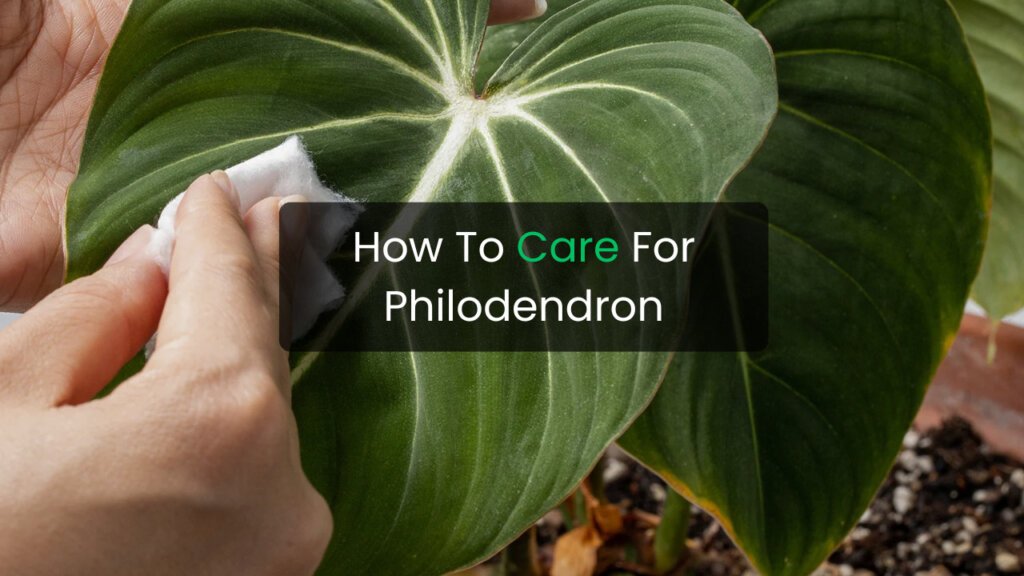Philodendrons are popular indoor plants known for their beautiful heart shaped leaves and easy growth habits. Whether you are growing a climbing philodendron or a self heading variety like Philodendron Birkin, proper care helps your plant stay lush and healthy. This guide explains how to care for philodendron plants with simple and helpful steps.
Light Requirements
Philodendrons thrive in bright indirect light. They can also grow in low light, but growth may slow. Direct sunlight can burn the leaves and cause yellow or pale spots. Place your philodendron near a window with filtered light or in a well lit room.
Watering Guide
Water your philodendron when the top one to two inches of soil feel dry. Overwatering can cause root rot, a common issue with many houseplants. Make sure the pot has drainage holes to remove extra water. Reduce watering during winter when growth slows.
Soil and Potting
Use a well draining soil mix. A mix of potting soil, perlite and peat moss or coco coir works well. Philodendrons like slightly moist soil but not soaked soil. Repot every one to two years to refresh soil and give roots more room.
Temperature and Humidity
Philodendrons prefer warm indoor temperatures between 18 to 27 degrees Celsius. They also enjoy medium to high humidity. If the air in your home is dry, especially in winter, mist your plant or use a humidifier. Placing the plant on a pebble tray also helps increase humidity.
Fertilizing
Feed your philodendron during the growing season from spring to early fall. Use a balanced liquid fertilizer once a month. Avoid over fertilizing, as too much fertilizer can burn the roots or cause brown leaf tips.
Pruning and Support
Trim yellow or dead leaves to keep your plant looking neat. Climbing philodendron varieties like Philodendron Brasil or Philodendron Micans may need a moss pole or support to climb and grow stronger stems.
Common Problems and Solutions
- Yellow leaves: Can be caused by overwatering or poor light. Check soil moisture and move the plant to brighter indirect light.
- Drooping leaves: Usually due to underwatering or sudden temperature changes. Water when soil is dry and avoid cold drafts.
- Brown tips: Low humidity or excess fertilizer. Increase humidity and reduce feeding if needed.
Entities and Keywords Included
Philodendron plant care, indoor plant care, heart shaped leaves, soil mix, root rot prevention, bright indirect light, tropical plant, climbing philodendron, trailing plant, moss pole support
FAQs
How often should I water my philodendron
Water when the top layer of soil feels dry. Avoid watering on a fixed schedule and always check soil moisture first.
Can philodendron grow in low light
Yes, philodendrons can grow in low light, but they grow better in bright indirect light with fuller leaves and stronger stems.
Is philodendron safe for pets
Philodendron plants are toxic to cats and dogs if eaten, so keep them out of reach of pets.
Why are my philodendron leaves turning yellow
The most common reasons are overwatering, poor drainage or low light. Adjust care conditions to fix the issue.
Should I mist my philodendron
Misting helps increase humidity but is not always required. A humidifier or pebble tray is more effective for long term humidity support.





